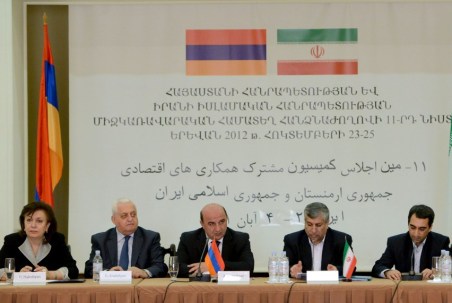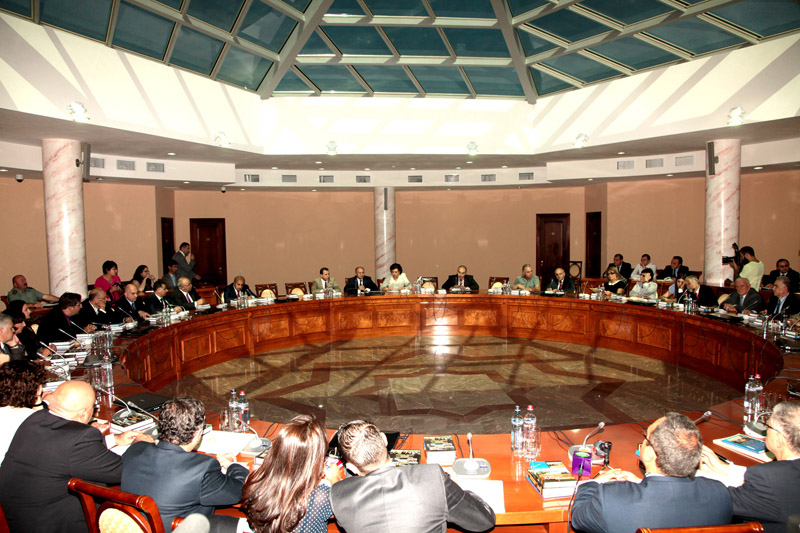STRASBOURG — The Committee on Legal Affairs and Human rights of the Parliamentary Assembly of the Council of Europe (PACE) has adopted a resolution condemning the use of Article 12 of the European Convention on the Transfer of Sentenced Persons for the extradition and release of Azeri axe murderer Ramil Safarov, “as a violation of the principles of good faith in international relations and of the rule of law”.
As member of the Armenian delegation to PACE, Arpine Hovhannisyan said in a Facebook post, Azerbaijan could not understand that distortion of facts is doomed to failure. “The Azerbaijani delegates even tried to frustrate adoption of the resolution, bringing forth ridiculous arguments,” she said.
“I would like to thank the rapporteur for unbiased presentation of the document and to thank our European colleagues for voting for this resolution, in accordance with their principles and consciousness,” Hovhannisyan said.
The Convention on the Transfer of Sentenced Persons provides for the transfer of foreign prisoners to their home countries. Its purpose is primarily humanitarian, to improve prospects of rehabilitation and reintegration of prison inmates into society.
The draft resolution adopted, based on the report by Christopher Chope (United Kingdom, EDG), notes with concern that the Convention was invoked in order to justify the immediate release upon transfer to Azerbaijan of Ramil Safarov, an Azerbaijani soldier convicted for murdering a fellow Armenian participant of a NATO “Partnership for Peace” training course in Hungary. Upon his arrival in Azerbaijan, he was welcomed as a national hero, granted an immediate pardon, long before the expiry of the minimum sentence set by the Hungarian court, a retroactive promotion as well as other rewards.
The text underlines that the Convention “is not designed to be used for the immediate release of prisoners upon return to their own country”. It underscores the importance of “applying the Convention in good faith and, in interpreting its provisions, adhering to the principles of the rule of law”, in particular in transfer cases that might entail political or diplomatic implications.










